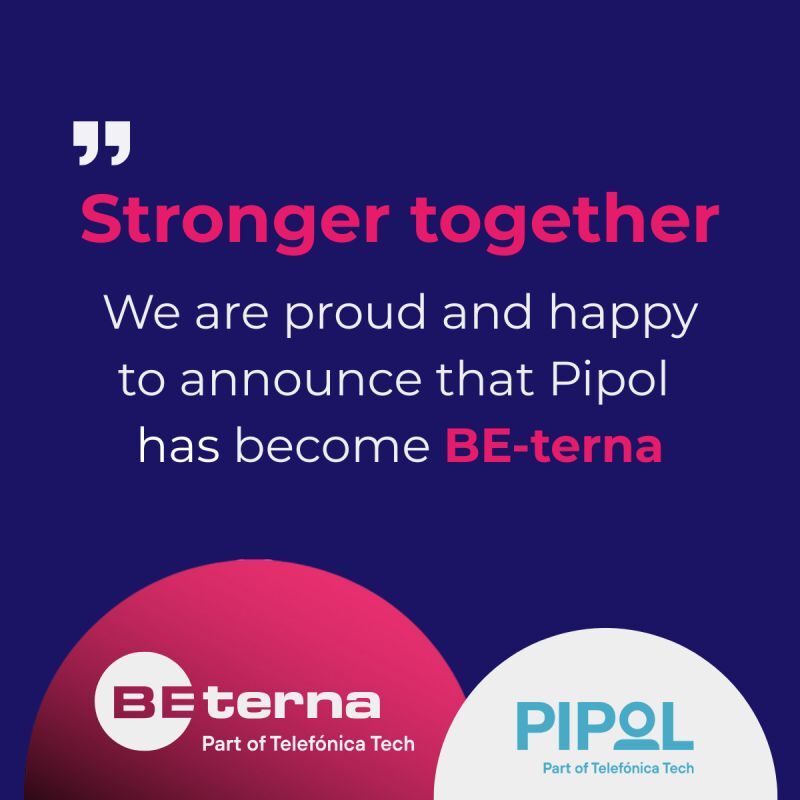Successfully implementing an ERP system takes time and careful planning. Even large international organizations like Lidl and MillerCoors are not immune to the potential pitfalls that can lead to costly failures. Below, we discuss six common reasons why ERP implementation projects fail and what you should be aware of to avoid expensive mistakes.
1. Lack of Leadership and Dedicated Resources
Successful ERP implementation requires commitment from everyone in the organization, particularly from top management. One of the key reasons global ERP projects often fail is the lack of leadership buy-in. When top management supports the project, implementation runs more smoothly with timely decision-making and a commitment to allocating resources where and when they’re needed. The consequences of failure can be hugely expensive.
Take the example of grocery chain Lidl, which embarked on an ERP implementation project in 2011. The project lasted seven years—far longer than anticipated—and was ultimately dropped three years after going live, at a staggering cost of €500 million. One of the reasons for this failure was the constant turnover in Lidl’s executive team during the project, leading to a lack of continuous buy-in and adherence to deadlines. As a result, the project lost momentum over time.
To succeed, ERP implementation requires not only strong leadership but also a high-performing core team of experienced, cross-functional individuals. These team members should be dedicated to the project as their primary assignment, with other resources assigned to handle their daily tasks.
2. Inadequate Planning and Unrealistic Timelines
As the saying goes, “If you fail to plan, you are planning to fail,” and this is especially true for ERP projects. Without adequate planning, you may need to redo efforts, leading to significant additional expenses. Success comes when management sets realistic timelines and supports the ERP team by removing obstacles to ensure they can focus on the project and meet deadlines.
Consider the example of Select Comfort, an American mattress company that went live with a new ERP system in 2015. Just a few weeks later, they had suffered $83 million in lost sales. The failure was partly due to investor pressure to go live before the ERP team was ready.
Another example is Hershey’s, one of the world’s largest chocolate manufacturers. In 1999, Hershey’s tried to implement a new ERP solution but made critical mistakes, including rolling out the system on the same day they cut off the old system—on Halloween, one of their busiest times of the year. This resulted in the company being unable to process $100 million worth of orders, leading to a 19% drop in profit, a 12% drop in sales, and significant damage to market credibility.
3. Ineffective Change Management
Change can be challenging, especially when people are accustomed to the existing processes. That’s why it’s crucial for everyone in the organization to understand why changes are happening and how they will impact the business and their specific roles. Effective change management takes a structured approach to prepare, support, and assist employees through the transition.
In 2013, makeup giant Avon invested $125 million in an ERP implementation project, but the system ultimately failed. More than a third of their independent sales reps in the affected area resigned because the new system added extra work. Avon failed to align the new ERP software with its business processes and did not invest adequately in change management, underestimating the impact the system would have on daily tasks.
By effectively managing change throughout every region and subsidiary—not just focusing on the headquarters—you can ensure that people feel ownership and are more likely to accept the system when it’s rolled out. Successful implementation requires anticipating the impacts on everyone in the organization and maintaining open communication and engagement throughout the process.
4. Inefficient Master Data Management
Importing legacy data into a new ERP system can be problematic, especially for large organizations with massive amounts of outdated or unnecessary data. Clean, accurate data is essential for effective business decision-making, so it’s important to cleanse your data before proceeding with any implementation. This can shorten the project timeline and improve overall operational efficiency.
When Target launched in Canada in 2013, they assumed that starting with new data in their ERP system would prevent issues. However, the new data was riddled with errors because it was entered by entry-level employees who lacked the support and experience to recognize incorrect information provided by manufacturers. This costly mistake could have been avoided by allocating skilled team members to supervise and assist with the data entry process.
5. Inadequate Testing of the System
ERP implementation is complex, and the failure rates are high. Rigorous testing of your solution is essential to ensure the quality of your application and to identify areas for improvement. By testing the solution’s functionality, critical processes, and overall performance, you can increase your chances of avoiding ERP failure.
In 2001, Nike invested $400 million in updating their ERP and supply chain system. However, the new demand-planning solution they launched wasn’t adequately tested, leading to supply chain software failure. This mistake cost Nike $100 million in lost revenue when the system advised ordering low-selling sneakers instead of high-demand ones. It took Nike five more years and millions of dollars to resolve these problems.
While unexpected issues will inevitably arise when your new ERP solution goes live, quality testing can help minimize these issues and improve your chances of success.
6. Working with the Wrong Partner
Regardless of the size of your organization, implementing an ERP solution is a complex task that requires the right expertise. It’s crucial to work with an experienced partner throughout the process.
In 2014, beverage company MillerCoors hired HCL Technologies to help them combine their seven individual ERP systems into a single platform. However, the project faced numerous issues, and MillerCoors ended up suing HCL for $100 million. The issues were largely attributed to inadequate planning, as the planning and architectural phases were rushed. HCL’s core competency was in implementation, not in planning and architecture, which was critical for this project.
This example highlights the importance of choosing the right partner for your specific project. Experienced partners bring the necessary skills and knowledge to help you achieve your project goals more accurately, quickly, and cost-effectively.
Are You Considering a New Global ERP Solution?
Implementing a new international ERP system is a significant undertaking that will impact all areas of your business. It requires a substantial investment of time, resources, and money. However, these short-term challenges can lead to long-term gains, including higher profits, improved customer satisfaction, and business growth that will take your organization to the next level.
Get in touch with Pipol today to learn how we can support your ERP implementation project.



